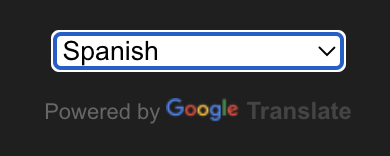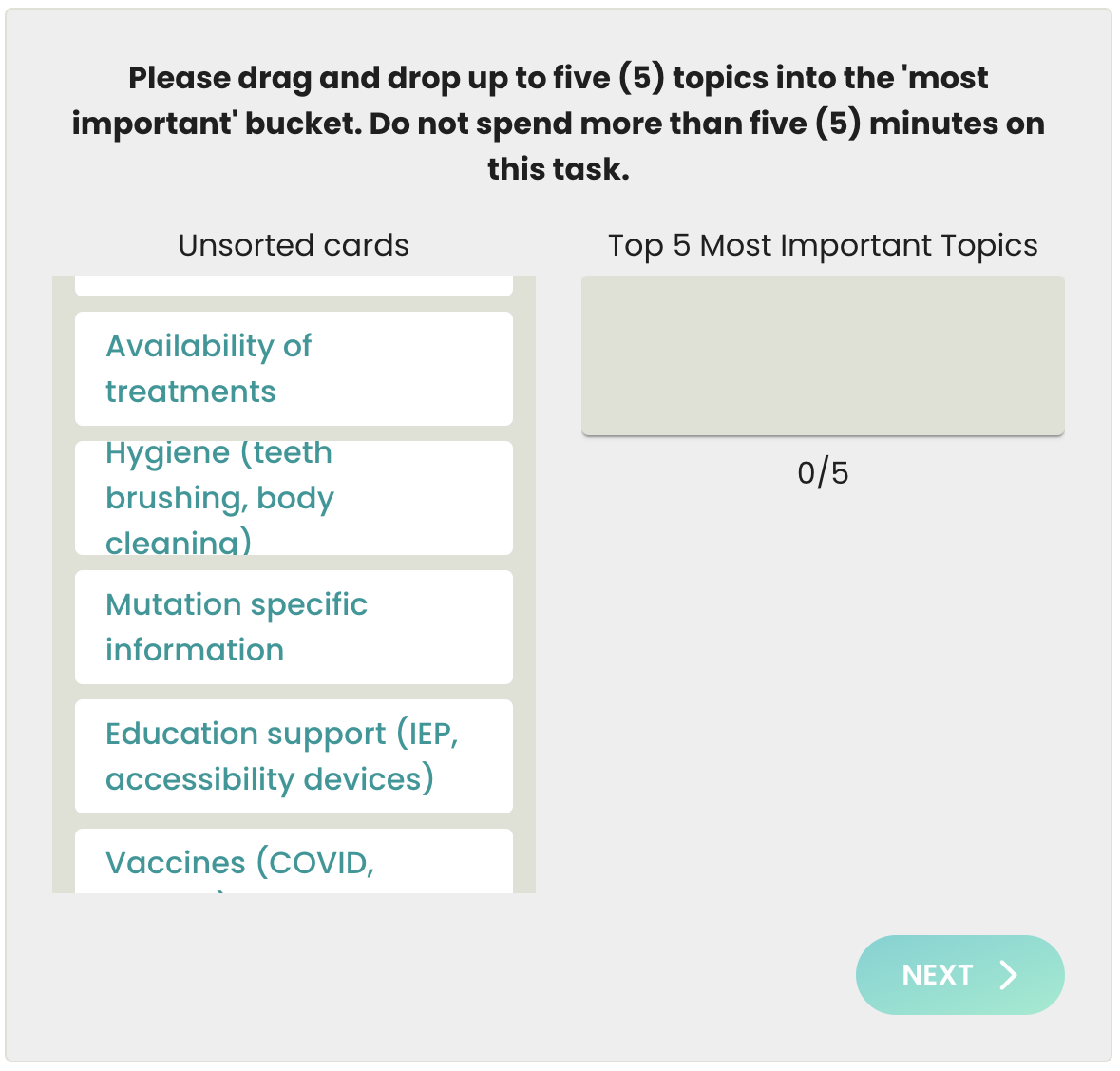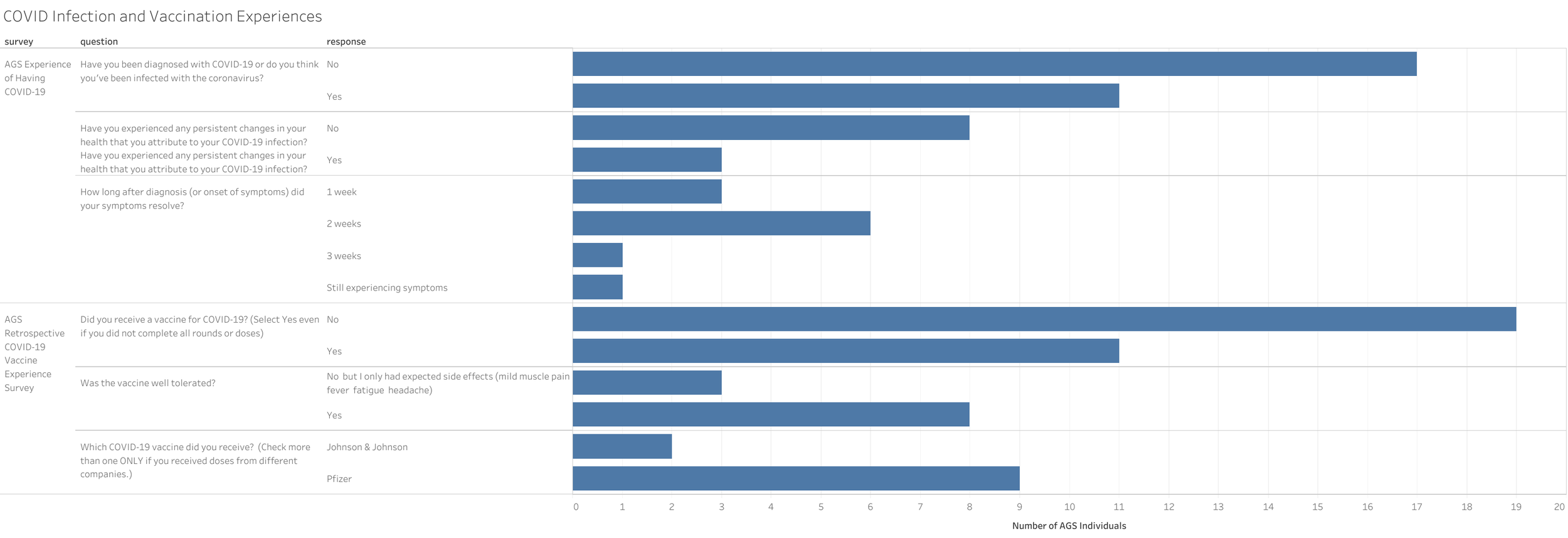You can now message the Aicardi Goutieres Syndrome Advocacy Association on WhatsApp. Reaching the global AGS community means adopting the tools and communication methods preferred by each region, continent, culture. Many of our AGS families use WhatsApp to keep in touch with each other. Help us build a global AGS community where we combine knowledge, insights, and support!
📣 The AGSAA Goes Global 🌍
Big Announcement - We’re officially going global!
AGS Americas Association 🔜 AGS Advocacy Association
But to most people, we’ll still be AGSAA 🌱💪💙. We plan to slowly roll out changes as we await the finalized paperwork.
Our organization, diagnosed community, and profile has grown significantly since AGSAA’s inception. We are already providing support to AGS families around world but keeping the “Americas” designation in our name still makes it really confusing for families, collaboration partners, institutions, and industry.
The more work we do, the clearer it is that as an organized global community we will have a far greater impact and footprint than if we are solely advocating individually on different continents. Especially when it comes to accelerating research and science in a proactive, collaborative, impactful way. We’ll make reasonable attempts to translate and communicate all information and activities in multiple languages, which includes translated subtitles on our videos!
Translate agsaa.org with Google
At the footer of our page, you’ll now find a dropdown to select your language.
We are working on the US government paperwork to switch out “Americas” for “Advocacy” in our name. Our goal is to have AGSAA help to represent the global advocacy entity and create an international scientific advisory panel and collaborate deeply with all other country and regional groups so that we all work together to create the future we need. It doesn’t mean that we want to replace or oversee any local organizations or overstep, just give everyone a home to formally join forces for partnership and evolution so we do not all keep re-inventing the same wheel. And of course each country will continue to have their own very specific support needs and projects in development, which are so vital.
Stay tuned for forthcoming website changes, more info about our expansion plans, as well as AGSAA Ambassador program in development and other opportunities to help the cause.
Spread the word and start tagging @agsadvocacy and #agsadvocacy
Modeling Areas of Concern for AGS Families
Following up on our efforts to model the AGS community’s most important concerns (AGS Community Driven Innovation and the Patient Registry), we’ve launched a survey that requests all members of our patient registry to select their top 5 topics from a long list developed through interviews with AGS families.
The AGSAA has been working with Luna and a number of AGS families to develop a model of the community's top concerns and topics. We started this project in February, and you can learn a little more on our blog (https://agsaa.org/news/2022/2/27/ags-community-driven-innovation).
Luna has developed a long list of concepts that continually surfaced in interviews with AGS families. Now we need the larger community to each select their top 5. Your feedback will help the AGSAA understand the community's needs better, and our institutional review board will allow us to explore these top concerns more quickly with our patient registry. The aim of this survey is to quickly surface trends, so please take less than a couple minutes. Select/drag any topic that jumps out at you, and don't worry or agonize about getting it right.
Here’s an example of what it looks like. A single question that should only take a few moments. Head over to the AGS Patient Registry to participate
Early Data About COVID-19 Experiences (Infection and Vaccination)
We continue to see and moderate community questions about experiences with COVID-19 in individuals with AGS, so we wanted to offer a preliminary view of the data. In the coming weeks, we’ll have a data scientist volunteering with us to examine the responses in greater depth. We’d like to characterize the experiences and provide a better description of the age, condition, and medications of the individuals represented in this study. All we can offer right now is a high level count of the number of individuals in our registry that have been vaccinated against or infected with COVID-19, but we’ll provide more detail about their overall health and characteristics soon.
It’s too early for us to draw conclusions, but the surveys suggest that COVID-19 vaccination in individuals with AGS might be safe. To our surprise, we find that COVID-19 may have contributed to an overall worsening of some people’s health, many weeks after infection. It’s important to remember that these are unverified patient reports, but we have been previously unaware of anecdotes that some with AGS may suffer “long-COVID.”
Accelerating Research Through Patient Advocacy
Over the past couple of weeks, we’ve been making the rounds to deepen our connections with scientists and researchers working directly and indirectly on AGS. Our Rare Researcher Grant has provided us with a starting point for many of these conversations, and we’re grateful to the AGS community for demonstrating their grit to our new collaborators. Many would like to share some of their work with our community, and we’re discussing options like webinars and conferences.
Unsurprisingly, we’ve found that our community has some major opportunities and a big role to play in forging projects and framing context for scientists that don’t currently have a personal relationship with Aicardi-Goutieres Syndrome. Many would like to better understand the impact their work could have on real people, and we’ve even been asked to organize meet and greets for students. The work that these laboratories accomplish requires a deep focus on micro and macro biology that can be difficult to relate to stories and experience like we’ve been sharing on social media (@agsamericas). Furthermore, the narrow focus required by their work means that many labs would benefit from the AGSAA sharing broader and more up-to-date insights about our disorder and it’s human impact. Additionally, many would benefit from our guidance and support, opening the door to additional funding opportunities. As proof, the AGSAA will be partnering with Dr. Alysson Muotri to apply for a $2 million dollar “Patient Partnered Collaborations” grant offered by the Chan Zuckerberg Initiative and writing a letter of support to bolster a grant application by Dr. Miroslaw Janowski for his work to better deliver, measure, and characterize therapeutic agents delivered to the CNS.







